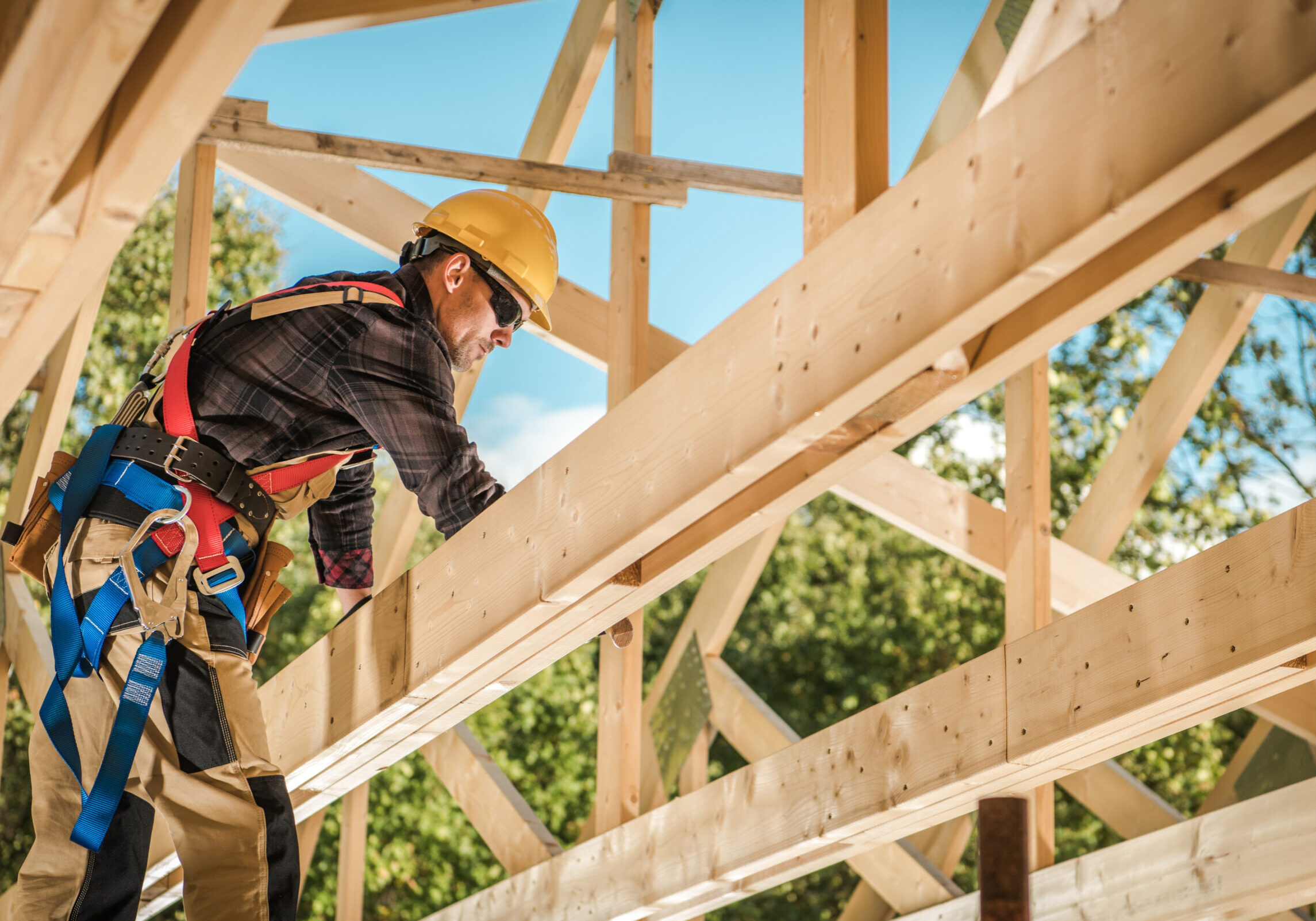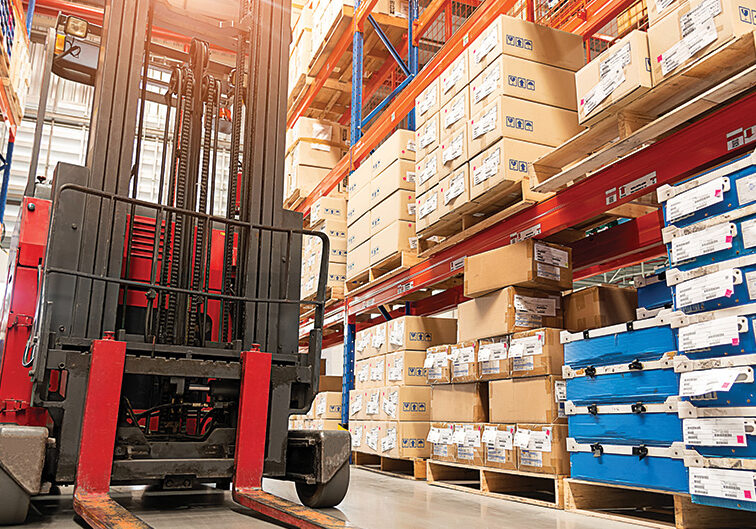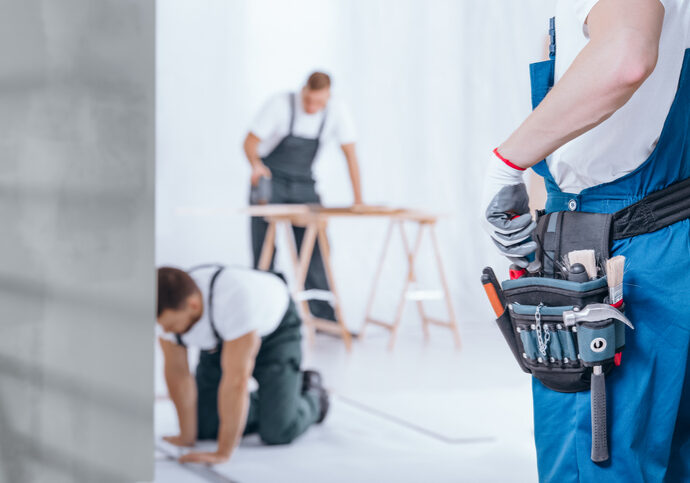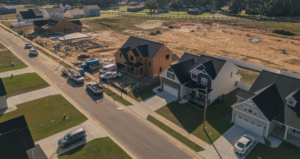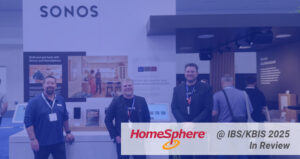Smart Builders Build Smart Homes
April 12, 2018

Hey Alexa, what’s the future of smart home construction look like?
You don’t need a digital assistant to answer this one for you. Considering smart speakers from Amazon and Google were the hottest products during the 2017 holiday season, it’s easy to see where the industry is heading.
But how fast are people adopting smart home devices?
The International Data Company (IDC) saw a 27.6% growth in smart home devices in 2017. Here’s how that played out across device categories:
- Smart speakers grew at a compound annual rate of 32%
- Automated and remote lighting grew 26%
- Home monitoring and security grew 23%
- Smart thermostats grew 17%
That growth will continue to accelerate in the years to come. According to Statista, smart home devices will be in 32% of homes by the end of this year, 42% by the end of the decade, and 53% of the market by 2022.
It’s only a matter of time before homeowners will come to expect their houses prebuilt with smart home technology.
Question is, will you as a builder be ready for it?
Millennials want smart homes
Millennials will be the driving force in the housing market for the foreseeable future. According to Zillow, half of all home buyers are under 36. And millennials, above all other age groups, want smart home tech.
These younger buyers want a turnkey solution. When they move into a house, they want to set up their profile and start using the products. They don’t want to build out the entire connected system.
In fact, over 86% of millennials are willing to pay more for a house if it comes with smart home tech preinstalled.
And it’s not just the younger generations who are adopting smart home products. Boomers are also catching the smart home craze, albeit at a slower pace. For them, comfort and security are the primary attractors, particularly activated lighting and home security cameras.
What products should builders focus on?
Builders are often reluctant to install smart home devices in their houses and multifamily units. It’s hard to know which smart home products to install, which devices will play well with others, and how to go about the installation process.
But as a guideline, focus on products that enhance everyday use.
The latest bells and whistles are nice, but homeowners will get more use and value out of smart speakers, connected appliances, adaptable thermostats, automated lighting, smart locks and cameras, as well as a central hub to manage it all. If you stick to these categories, you can’t go wrong.
Stand out in your market
Smart home tech can help you sell your houses faster and at a premium rate. So if you’re looking for a competitive edge, upping the IQ of your homes is a great place to start.
Not only will these devices appeal to a wide demographic, but they’ll continue to add value to your homes long after you hand over the keys with each new software update.
And the truth is, builders will need to make the shift to installing smart home tech eventually. If you don’t want to be playing catch up with the market, now is the time to start forging relationships with smart home suppliers and manufacturers.
Share This
More On Smart Homes
Suggested Brands For You
Sorry, we couldn't find any posts. Please try a different search.

